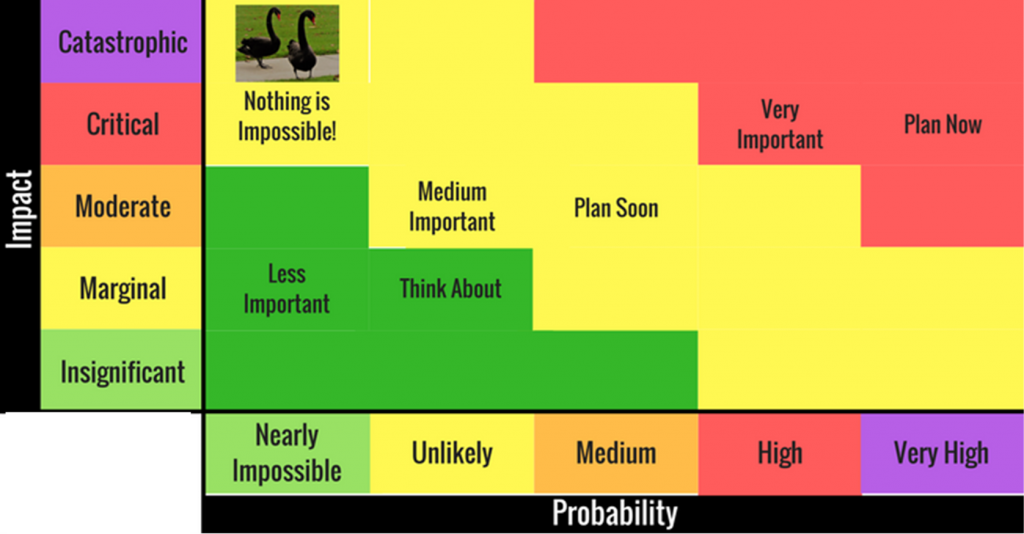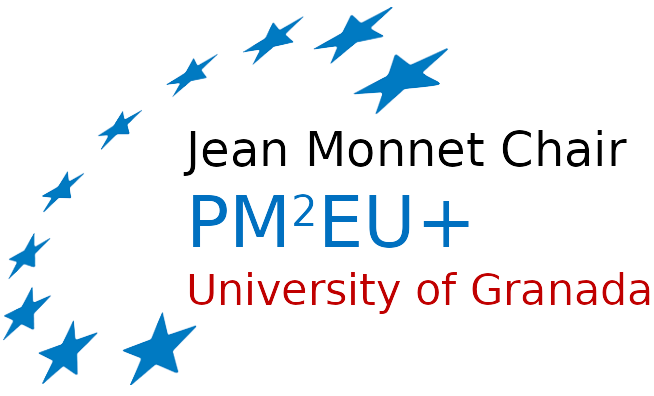We will follow and complet the next steps:
- Identify risks: The purpose of this step is to identify and document the risks that can have impact on the project’s objectives. Note that new risks may arise at any point during the project and should be added to the Risk Log for further analysis/action.
- Carry out a risk assessment: The purpose of this step is to assess the likelihood of each risk and the severity of its impact on project objectives. This assessment is necessary before any risk response can be planned. Medium to high level risks are dealt with at a higher priority level.
- Develop a risk-response strategy: The purpose of this step is to choose the best possible strategy to meet an identified risk and to plan actions necessary to implement this strategy.
- Control risk-response activities: The purpose of this step is to monitor and control the implementation of risk-response activities and to revise/update the Risk Log based on a regular reassessment.
- Record: Update the Project Work Plan with clear risk-response tasks whenever deemed necessary.
- Report: Regularly inform the Project Steering Committee (PSC) about risk-related activities.
The proposal for the chair was made in January 2020. Obviously, the scenario of an event with the characteristics of the Covid_19 pandemic was not taken into account. The COVID-19 outbreak negatively affects ongoing or planned activities under the Erasmus+ programme.
A black swan in risk management is an event with a very low probability of occurrence, nearly zero, but which, if it occurs, has a huge impact on the objectives of a project.

Although at a global level we could be talking about a "black swan" event, for our project and given the final impact and the measures proposed here, it will be possible to reduce the impact and even find opportunities and new formulas for the development of work that will gain additional value.
In our case, we are carrying out an evaluation of alternatives that will allow us to reformulate the activities affected by Covid_19. These are mainly those corresponding to teaching & training. We are analysing the possibility of working in completely online or blended learning environments.
The conclusions of this risk management, of the change management that takes place and the impact on the quality of the action will help us, at the end of the project, to make a detailed study and to draw lessons learned for future similar projects.

